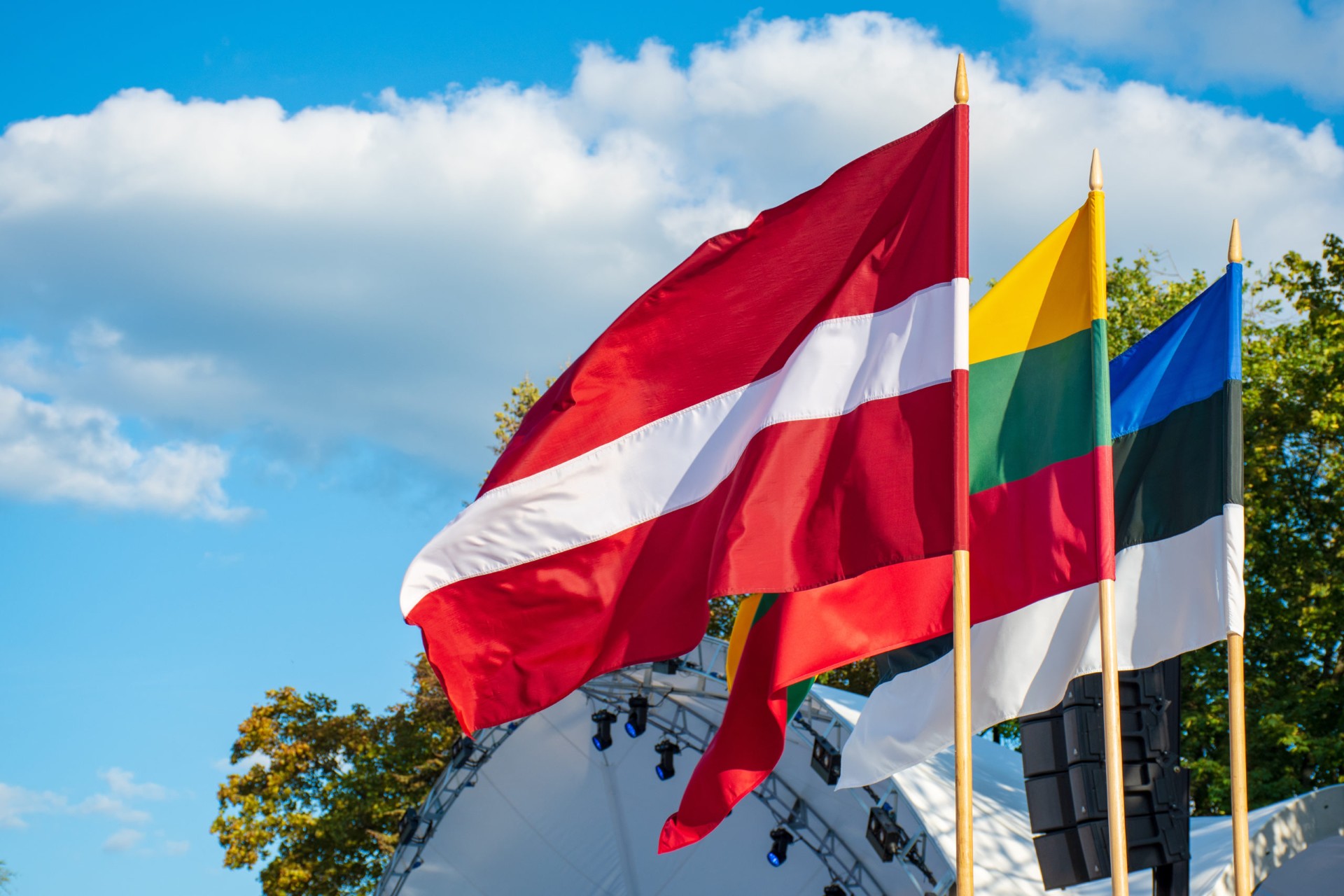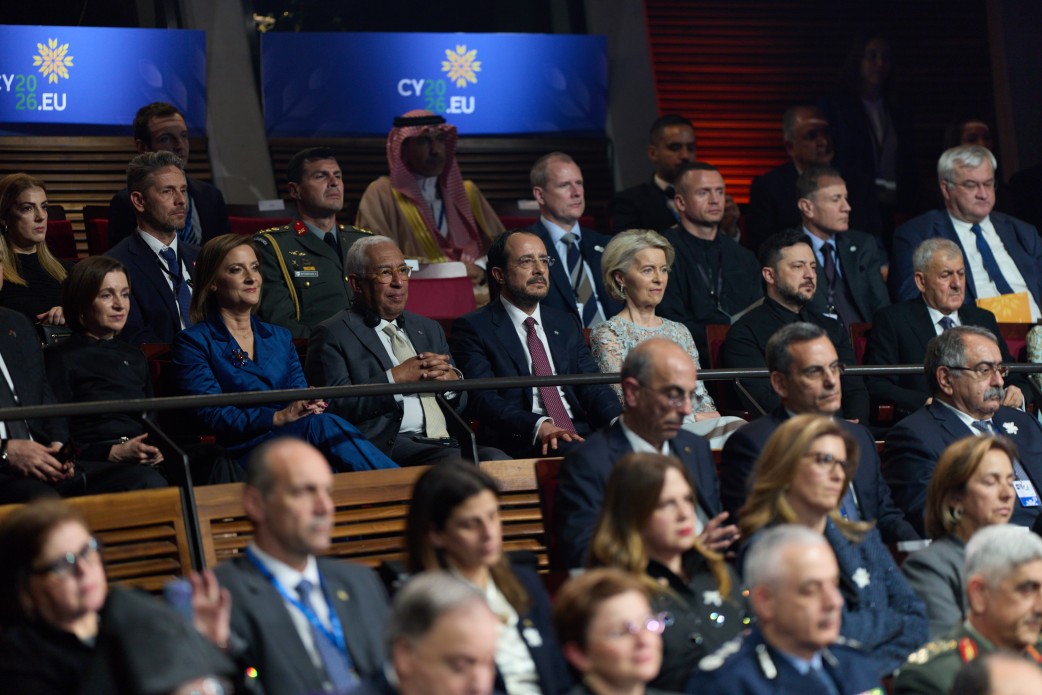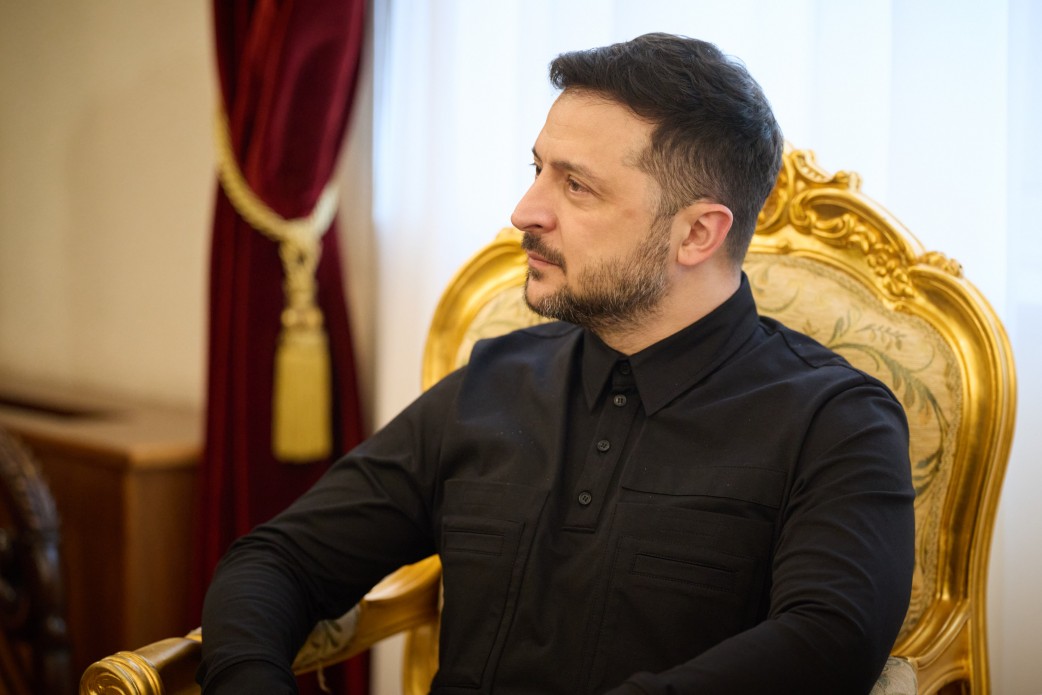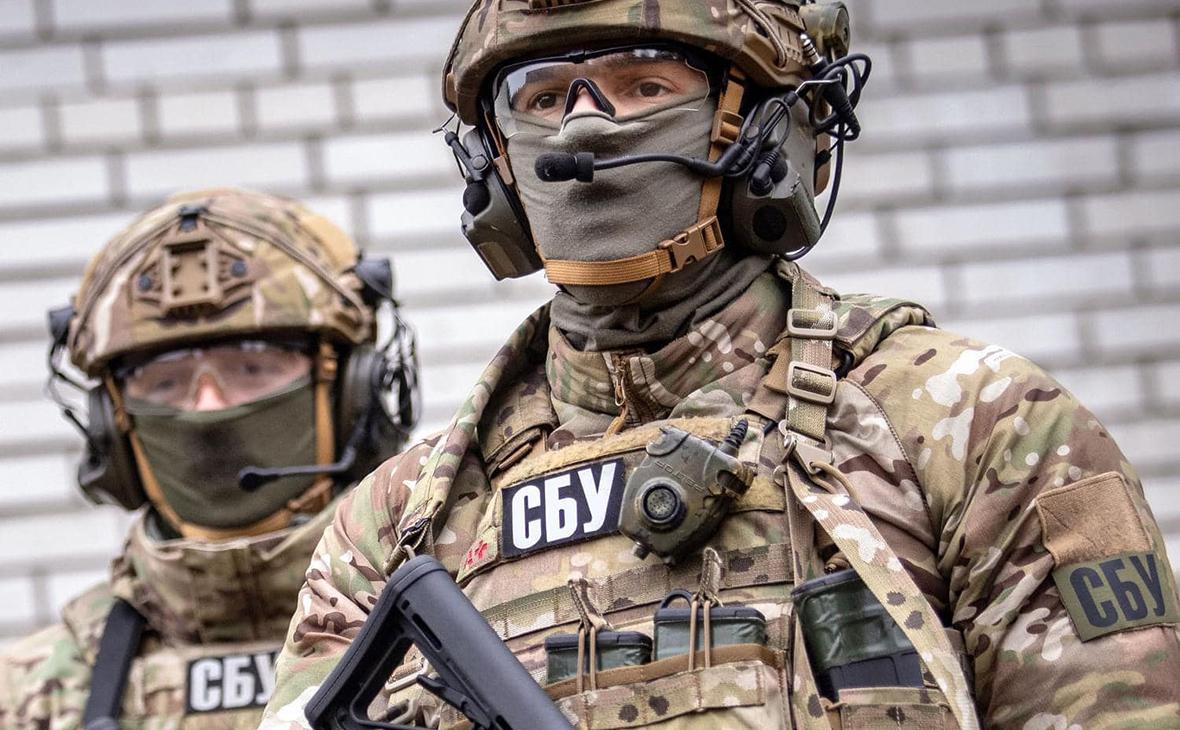Committees on Foreign Affairs of the Parliaments of Estonia, Latvia, and Lithuania issued a joint statement fully supporting Ukraine in the war with Russia, as well as Ukraine’s membership in the European Union and NATO.
The document was published by the Chairman of the Foreign Affairs Committee of the Lithuanian Parliament Žygimantas Pavilionis on Facebook
The committees’ meeting took place on Friday, June 6, in the city of Birštonas, Lithuania. In the final document, the parties confirmed their unwavering support for Ukraine’s sovereignty and territorial integrity, and emphasized that Ukraine’s victory over Russia and its accession to NATO are key conditions for a just and lasting peace in Europe.
They also pointed out that Ukraine’s NATO membership will provide a strong foundation for Euro-Atlantic security and noted that Russia’s full-scale war is a gross violation of international law, the UN Charter, and fundamental human rights.
Accordingly, the statement listed five key commitments:
- Support Ukraine until its full victory — including the liberation of all temporarily occupied territories, punishment of war criminals, and implementation of the principles of international justice.
- Promote Ukraine’s accession to the EU, aiming to complete negotiations by 2030 and achieve full membership.
- Support Ukraine’s Euro-Atlantic course, taking into account decisions from NATO summits in Bucharest (2008), Vilnius (2023), and Washington (2024), and call for concrete decisions at the 2025 NATO summit in The Hague.
- Develop defense cooperation with Ukraine, including facilitating its joining the Joint Expeditionary Force (JEF) as a step toward deeper security integration.
- Increase diplomatic pressure on Russia — through isolation in international organizations, expanding sanctions, and holding it accountable for crimes against Ukraine.
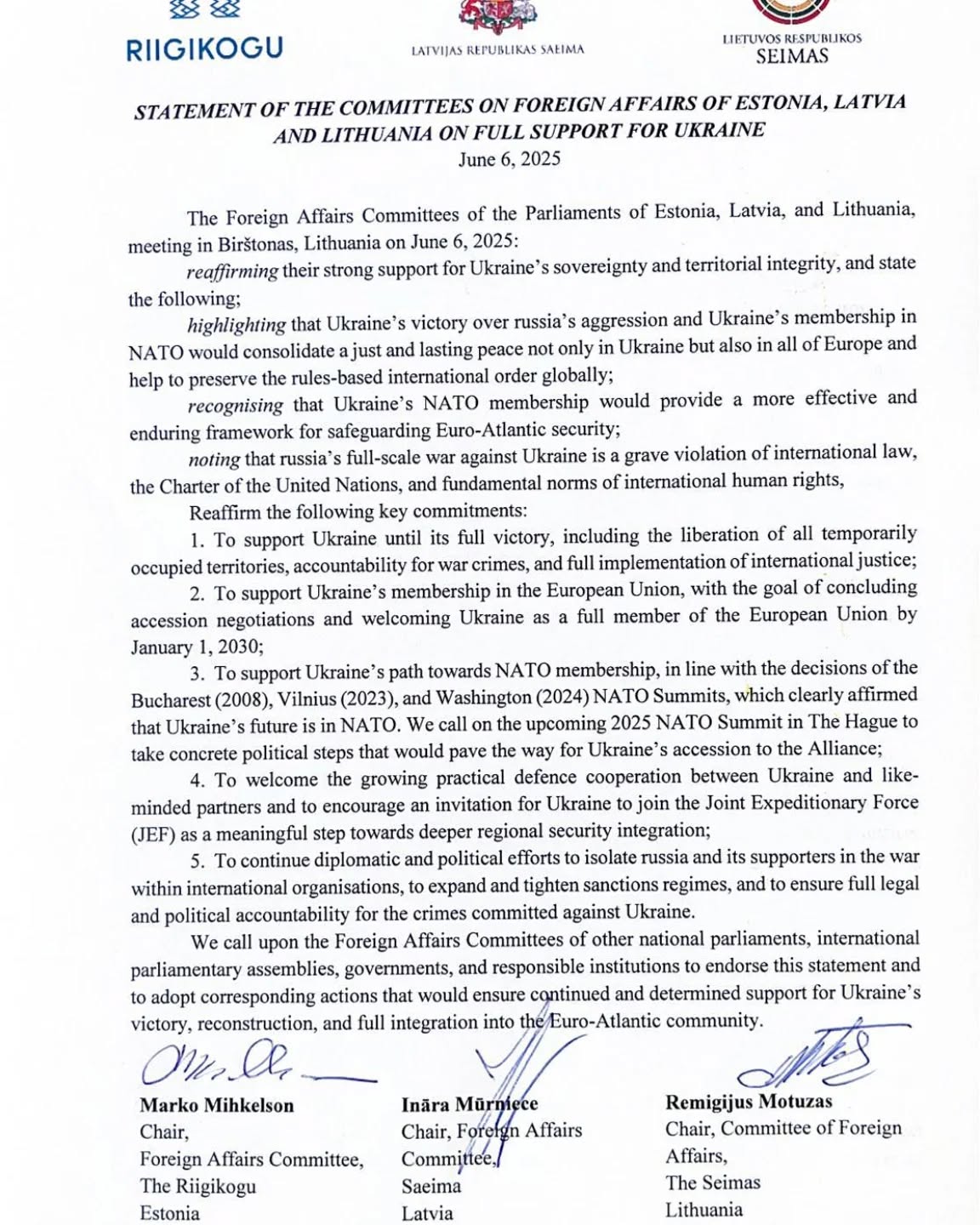
The committees of the three countries also called on other parliaments, international institutions, and governments to support this statement and take appropriate steps toward Ukraine’s victory, reconstruction, and full integration into the Euro-Atlantic community.
It should be noted that the NATO summit will be held in The Hague at the end of June. NATO country leaders are preparing to decide on increasing defense spending to 5% of GDP — part of these expenditures will be allowed to support Ukraine, which could significantly strengthen the defense capabilities of the Ukrainian Armed Forces.
The new spending target is expected to be divided as follows: 3.5% of GDP for direct military needs, and an additional 1.5% for broader security projects, including infrastructure.









